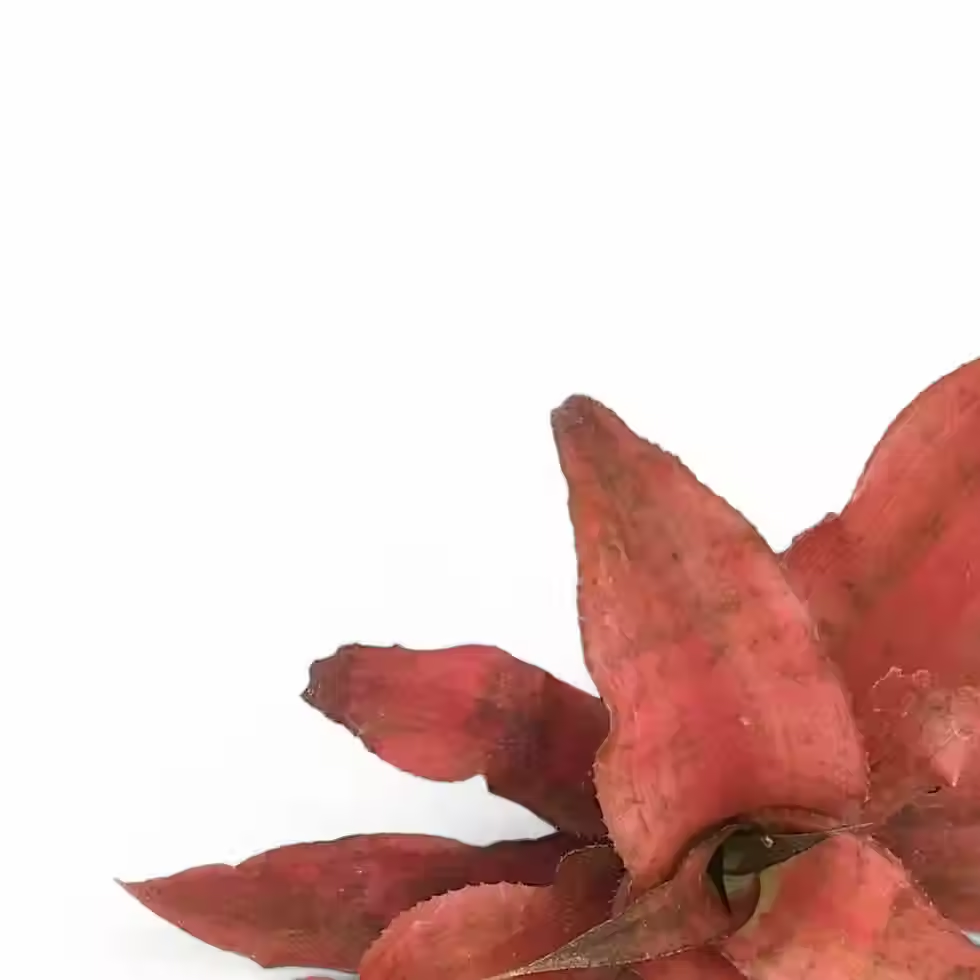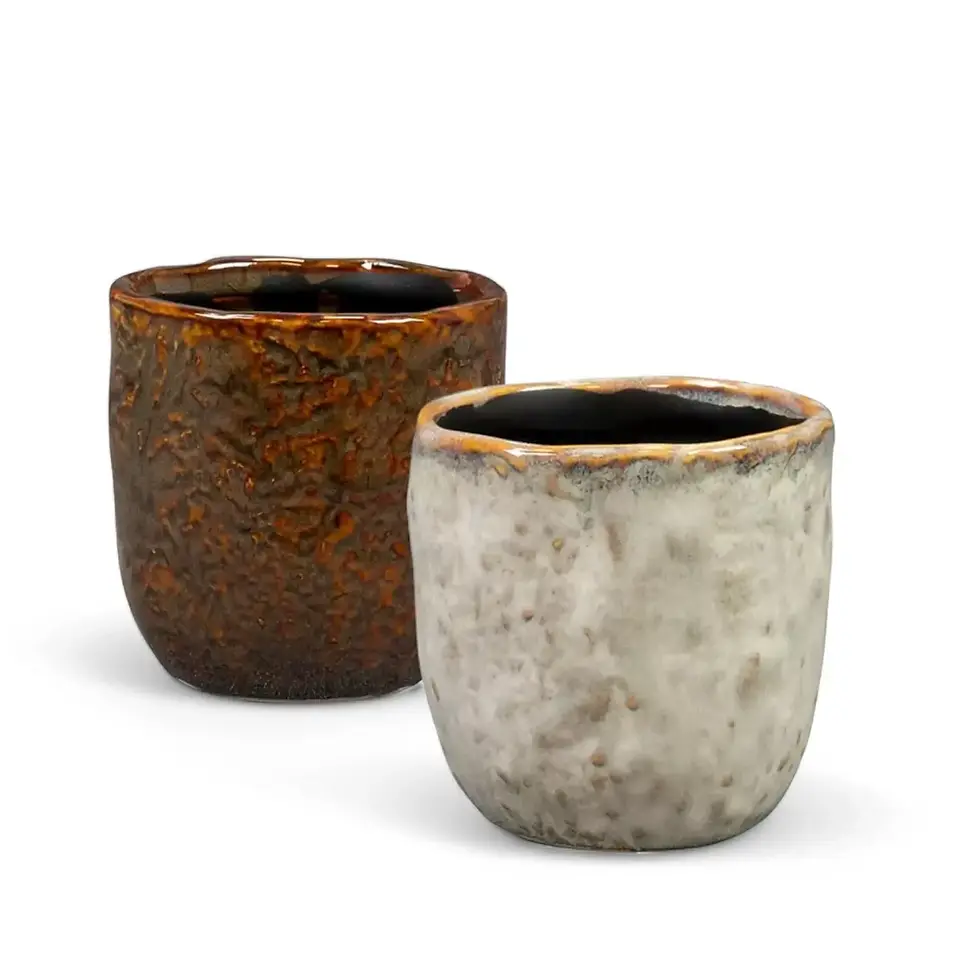Alocasia lauterbachiana variegata – Complete Guide and Care Information
Alocasia lauterbachiana variegata is a rare and visually arresting tropical houseplant, celebrated for its tall, sword-shaped leaves splashed with white, cream, and pale green variegation. This cultivar brings a bold, vertical accent to interiors, combining the dramatic form of Alocasia with the ornamental appeal of unique variegation. Under ideal care, it can grow into a striking centerpiece, offering an exotic, jungle-inspired atmosphere indoors.
Origin and Natural Habitat of Alocasia lauterbachiana
Alocasia lauterbachiana is native to the lowland rainforests and riverbanks of Papua New Guinea, thriving at elevations between 100 and 800 meters. It grows in humid, shaded conditions with constant moisture but well-drained soils. The natural climate features stable temperatures ranging from 22–30°C, high humidity over 70%, and seasonal heavy rainfall followed by drier periods. In the wild, it can reach over 2 meters, although indoor specimens usually remain more compact.
Key Features of Alocasia lauterbachiana variegata
- Foliage: Long, narrow, wavy-edged leaves with dramatic multicolor variegation on a deep green base.
- Stems: Upright, elongated petioles with purple undertones in mature plants.
- Size: Indoors grows to 1–1.5 meters tall under optimal conditions.
- Growth Habit: Fast-growing in warmth and humidity; periods of dormancy may occur in cooler seasons.
- Toxicity: Contains calcium oxalate crystals; toxic if ingested by pets or humans.
Care Instructions for Alocasia lauterbachiana variegata
→ Light
Bright, indirect light is crucial. Protect from direct sun to prevent scorching, especially on lighter variegated sections.
→ Watering
Allow the top 2–3 cm of soil to dry before watering. Keep the substrate consistently moist during active growth but reduce watering in cooler months. Use filtered or rainwater when possible.
→ Humidity
Requires humidity above 60%. Boost humidity with a humidifier, pebble trays, or by clustering plants. Sensitive to dry indoor heating in winter.
→ Temperature
Ideal range: 20–28°C. Protect from drafts and sudden cold exposure below 16°C, which may trigger dormancy.
→ Soil
Use a well-aerated mix of peat-free potting substrate, perlite, orchid bark, and a small amount of charcoal. A loose, breathable mix helps prevent root rot while supporting strong root development.
→ Potting and Repotting
Repot every 1–2 years or when roots outgrow the pot. Choose a container with generous drainage to accommodate rapid root growth.
→ Fertilizing
Feed once a month during the growing season with a diluted, balanced liquid fertilizer. Pause feeding during periods of dormancy or slow growth.
→ Semi- and Hydroponics
Can adapt to semi-hydroponic setups with LECA, but variegated varieties are less tolerant of prolonged wet roots. Use caution and monitor root health closely in hydro systems.
→ Pruning
Remove old, yellowing, or damaged leaves at the base with clean scissors to encourage vigorous new growth.
Common Problems and How to Fix Them
→ Root Rot
Cause: Overwatering or poor drainage.
Solution: Repot in fresh, airy soil; reduce watering frequency.
→ Yellowing Leaves
Cause: Overwatering, insufficient light, or nutrient imbalance.
Solution: Adjust light, improve drainage, and fertilize appropriately.
→ Browning of Variegated Areas
Cause: Excessive direct sun or low humidity.
Solution: Provide filtered light and raise humidity levels.
→ Pest Infestations
Common Pests: Spider mites, mealybugs, aphids.
Solution: Wipe leaves, apply neem oil, or use insecticidal soap regularly.
Extra Tips for Success
- Rotate the plant monthly for balanced growth.
- Wipe leaves with a damp cloth to maintain health and enhance variegation visibility.
- Support taller stems with discreet stakes if needed.
- Expect slower growth during cooler months — reduce watering accordingly.
Etymology
Alocasia lauterbachiana is named after German botanist Dr. Karl Adolf Georg Lauterbach, who extensively explored New Guinea’s flora. The genus name "Alocasia" is derived from 'Colocasia' with a Greek prefix 'a-' indicating separation — highlighting distinctions between the genera in leaf shape and venation.
Order Alocasia lauterbachiana variegata Today!
Bring a piece of the rainforest into your home with the rare and dramatic Alocasia lauterbachiana variegata. Order now at Foliage Factory and create an unforgettable botanical statement indoors!
Alocasia lauterbachiana variegata
Alocasia lauterbachiana variegata is approximately 15 cm tall and comes in a ⌀ 6 cm pot































